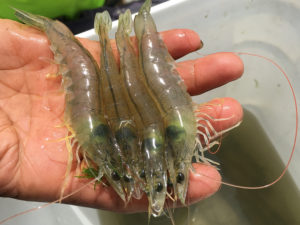
Study replaces dietary fish oil with microalgal oil
Study compares the response of Pacific white shrimp fed microalgal oil-based diets and assessed their ability to withstand a Vibrio parahaemolyticus challenge.
Updating Auburn University’s standard feeding protocol for shrimp into an optimized version for timer-feeders, recognizing the role of acoustic feedback.

Study compares the response of Pacific white shrimp fed microalgal oil-based diets and assessed their ability to withstand a Vibrio parahaemolyticus challenge.
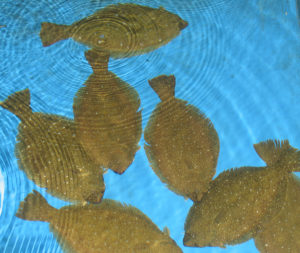
Study investigates long‐term effect of a low-fishmeal diet comprising plant‐based protein sources on the diversity of gut-microbiota in olive flounder.
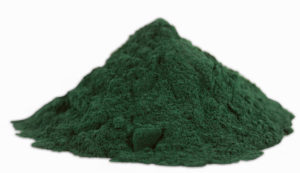
Study reviews a widening variety of potential sources of single-cell protein products as renewable and sustainable ingredients for aquafeeds.
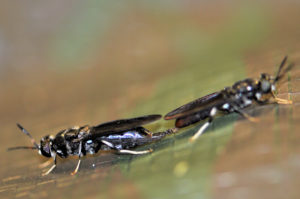
Study describes development and evaluation of an “all-in-one” stacked system for indoor production of black soldier fly larvae.
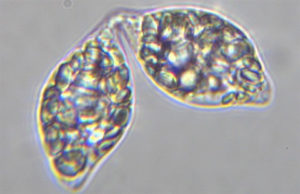
Study evaluates a commercial, algae-sourced, linear beta glucan in feeds for white shrimp; results show improved growth, survival, immune status.
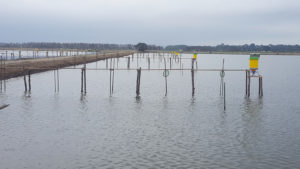
Automatic feeding is becoming important for lowering production costs through better shrimp growth, lower feed conversion rate and higher survival rate.
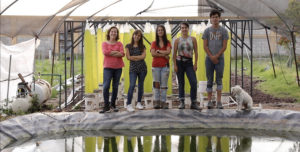
MicroTERRA is a promising Mexico-based startup developing systems that use microalgae to turn fishpond wastewater into protein for fish feed.
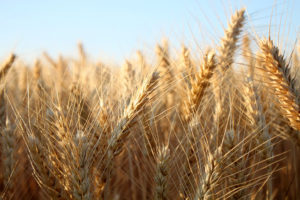
Aquafeed manufacturers around the world seeking alternatives to fishmeal may soon be able to turn to an abundant and underutilized crop: barley.
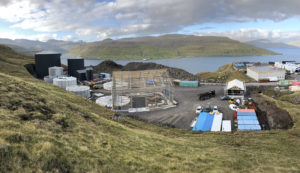
A Norwegian fermentation technology firm utilizes volcanic matter to transform salmon waste, including feces and uneaten feed, into a high-protein powder.

The DSM-Evonik joint venture won the F3 Fish Oil Challenge by a wide margin. CEO Karim Kurmaly talks about the “sacrifice” his team made to win.
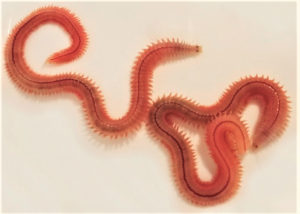
Study evaluates three genera of local polychaetes as potential live feeds for shrimp broodstock in maturation units in Ecuador.
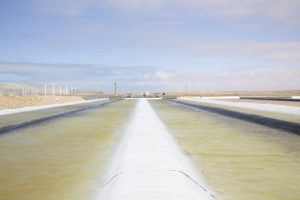
Utilizing proven large-scale pond engineering, Susewi aims to become the world’s largest producer of algal biomass, with its sights set on aquafeeds.
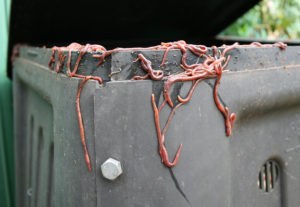
Study reviews biological composition, processing methods and production and research needs for the red earthworm, an aquafeed protein source candidate.
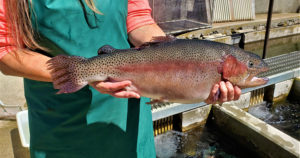
Genetic selection research finds that vegetarian versions of rainbow trout can be raised on a cost-effective and fully plant-based diet.
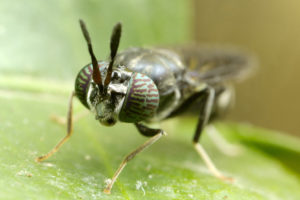
The sci-fi flick “The Fly” warned about mixing flies and technology, but high-tech black soldier fly farmers are seizing a real opportunity in aquaculture.